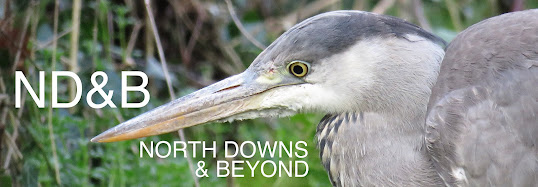Growth
Just before Christmas I had a spring clean of my natural history memberships/subscriptions. Three of them bit the dust and for differing reasons. First up was the RSPB. I had been a member for over 40 years. My reasons for cancelling membership were down to a few episodes of shoddy treatment towards certain individuals I know who had worked, or volunteered for the organisation. I won’t mention names or places. These episodes make me feel as if the society that I first patronised back in the late-1970s had become an altogether different animal, one that puts money before people without a second’s thought. Maybe this is the way of the big charities today, but it saddens me. The next casualty is the periodical ‘British Wildlife’. I have subscribed (on and off) for maybe 15-20 years, but have increasingly found that I was only reading 50% of it. The third up is The Wildflower Society, a modest and charming collection of botanists but one which I am no longer an active part of. The £100 or so that these cancellations of ‘membership’ have saved are not going to be placed elsewhere - those that still survive will be up for review as well, as some are survivors from a time when my patronage of wildlife charities and clubs was wide and indiscriminate.
This curbing of what I support is not a money saving exercise. If I’m honest, it is about questioning how and why I do things. Maybe it is a wish not to have a life ‘on repeat’ where things get renewed just because I always have done so, that the same publications don’t only get read because they’ve always been at hand. The RSPB was the biggest call, as my support of the society was one born of a wish to back up their habitat protection. Maybe one day I will return. Both they, and British Wildlife, sent me communication thanking me for my support, which I thought a nice touch in a largely uncaring and entitled world.
Coming up to the end of the year is always a time for reflection and planning (it is for me at any rate) and so my thoughts have turned to how I use my time and what can be done to better it - and ‘bettering’ it holds a whole host of definitions. It’s a privileged and first world exercise for sure, but an enjoyable one all the same. Wrapped up in it will be health, enjoyment, fulfilment, companionship, education, community and growth. And that last one - growth - is important.


Comments
On the flipside, having worked at a number of places and organisations (both NGO and not) over the years, I can only say that from my own perspective I've never had a more supportive and nurturing employer than the RSPB. Currently on my second stint for them.